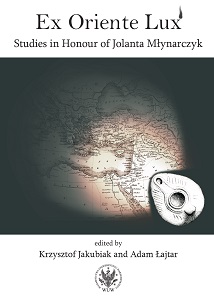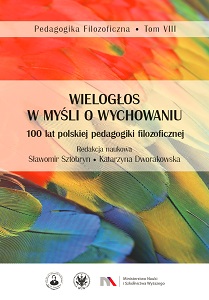
SOME REMARKS ON THE ARCHITECTURAL DECORATION OF THE NORTH-WEST CHURCH AT HIPPOS (SUSITA)
SOME REMARKS ON THE ARCHITECTURAL DECORATION OF THE NORTH-WEST CHURCH AT HIPPOS (SUSITA)
Keywords: Late antique Palestine; Hippos; Susita; Decapolis; North-West Church; Ionic order; Roman and Byzantine architecture
Between 2000–2009, the Polish archaeological team under the direction of Jolanta Młynarczyk excavated the so-called North-West Church at Hippos (Susita), one of the cities of the Decapolis located on the eastern shore of the Sea of Galilee. The excavations yielded a rich body of evidence pertaining, among other things, to the various aspects of the church architecture and decoration in Byzantine-Umayyad Palestine. This article is a preliminary summary of the architectural decoration of the church which was built in the sixth century and finally destroyed in the earthquake of 749. It includes the presentation and discussion of the architectural elements like capitals, columns, and column bases. The capitals belong to the so-called blocked-out family of capitals representing the simplified version of the Ionic order. This type of capital has not yet been the topic of systematic and detailed studies, despite the fact that it is often foundas an architectural element in several buildings in the cities of the northern Decapolis, such as, for example, Gadara and Abila. The monolithic column bases used in the church are of the Attic-type, widespread in the eastern Mediterranean from the Herodian period onwards.
More...
